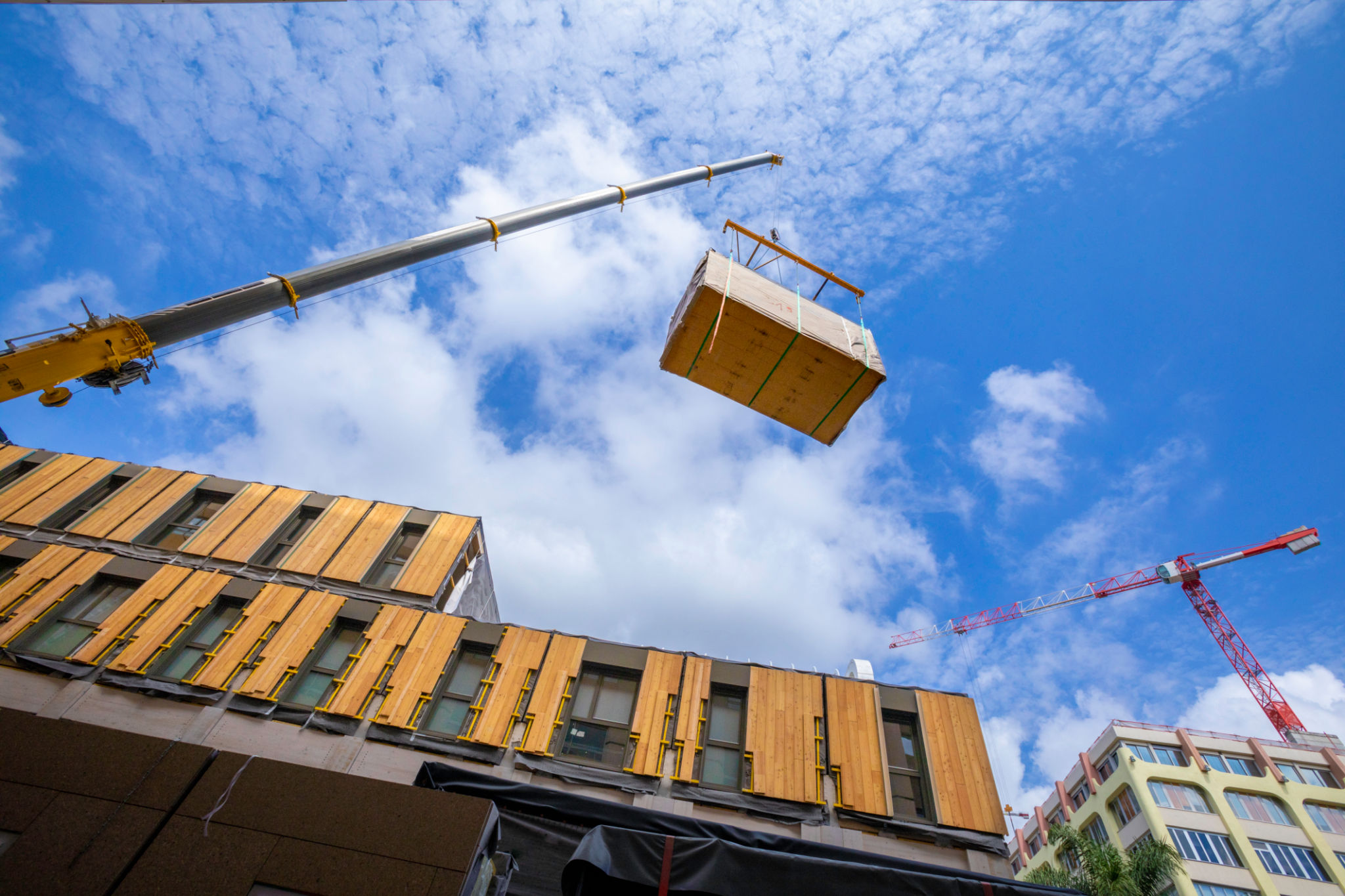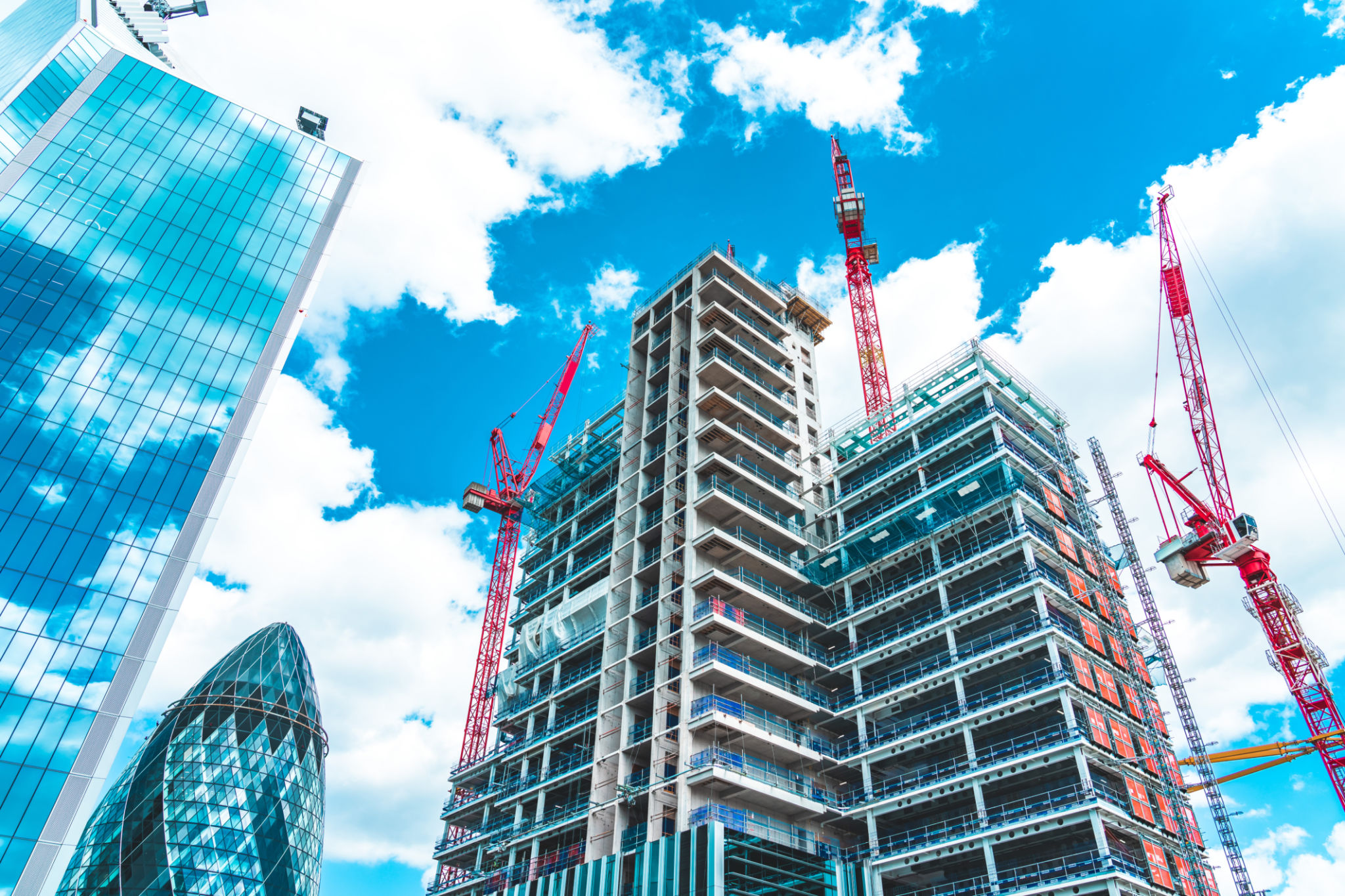Industry Trends in Construction: What’s Shaping the Future in London
Embracing Sustainable Construction
The construction industry in London is increasingly focusing on sustainability. As urban areas grow, the demand for eco-friendly building practices has become paramount. The integration of green technologies, such as solar panels and energy-efficient HVAC systems, is transforming the skyline of London. Builders are also turning to sustainable materials like recycled steel and bamboo to reduce their carbon footprint.

Moreover, regulatory frameworks are pushing the industry towards greener practices. The UK government's commitment to achieving net-zero carbon emissions by 2050 has led to stricter building codes and incentives for sustainable construction projects. This emphasis on sustainability is not just a trend but a necessity for the future.
Technology and Innovation
Technology is reshaping how construction projects are planned and executed in London. The introduction of Building Information Modeling (BIM) allows for better collaboration and more efficient use of resources. This digital representation of physical and functional characteristics of places has become a staple in project management, helping to streamline processes and reduce waste.
Another technological advancement is the use of drones for site surveys and inspections. These unmanned aerial vehicles provide a bird's-eye view of construction sites, enabling more accurate assessments and enhancing safety protocols. Moreover, the use of AI and machine learning is gaining traction, offering predictive insights that can help mitigate risks and improve project outcomes.

Urbanization and Infrastructure Development
As London continues to grow, urbanization is driving significant infrastructure development. The city's population is projected to reach 10 million by 2030, necessitating expanded housing, transportation networks, and public amenities. Large-scale projects like Crossrail and the Thames Tideway Tunnel exemplify the scale and ambition of infrastructure development underway.
These projects not only aim to improve connectivity but also focus on enhancing the quality of life for residents. The integration of smart city concepts, including IoT devices and data analytics, is expected to optimize urban living conditions, making London a leader in innovative urban solutions.

Workforce Challenges and Opportunities
The construction industry faces both challenges and opportunities regarding its workforce. A growing skills gap poses a significant hurdle, with many experienced workers retiring and fewer young people entering the trade. This shortage is prompting companies to invest in training programs and apprenticeships to cultivate a new generation of skilled workers.
On the flip side, diversity initiatives are creating a more inclusive industry environment. There is a concerted effort to attract women and minorities into construction roles, broadening the talent pool and fostering an innovative work culture. Emphasizing diversity not only addresses workforce shortages but also drives creativity and resilience within teams.
The Future of Construction in London
The future of construction in London is shaped by these dynamic trends. With sustainability at the forefront, technological advancements breaking barriers, and urbanization driving robust development, the city is poised for transformative growth. As the industry navigates workforce challenges, it will need to remain agile and adaptive to continue thriving.
London's construction sector stands as a beacon of innovation and progress. By embracing these trends, it not only contributes to the city's aesthetic evolution but also enhances its global standing as a leader in sustainable urban development.

